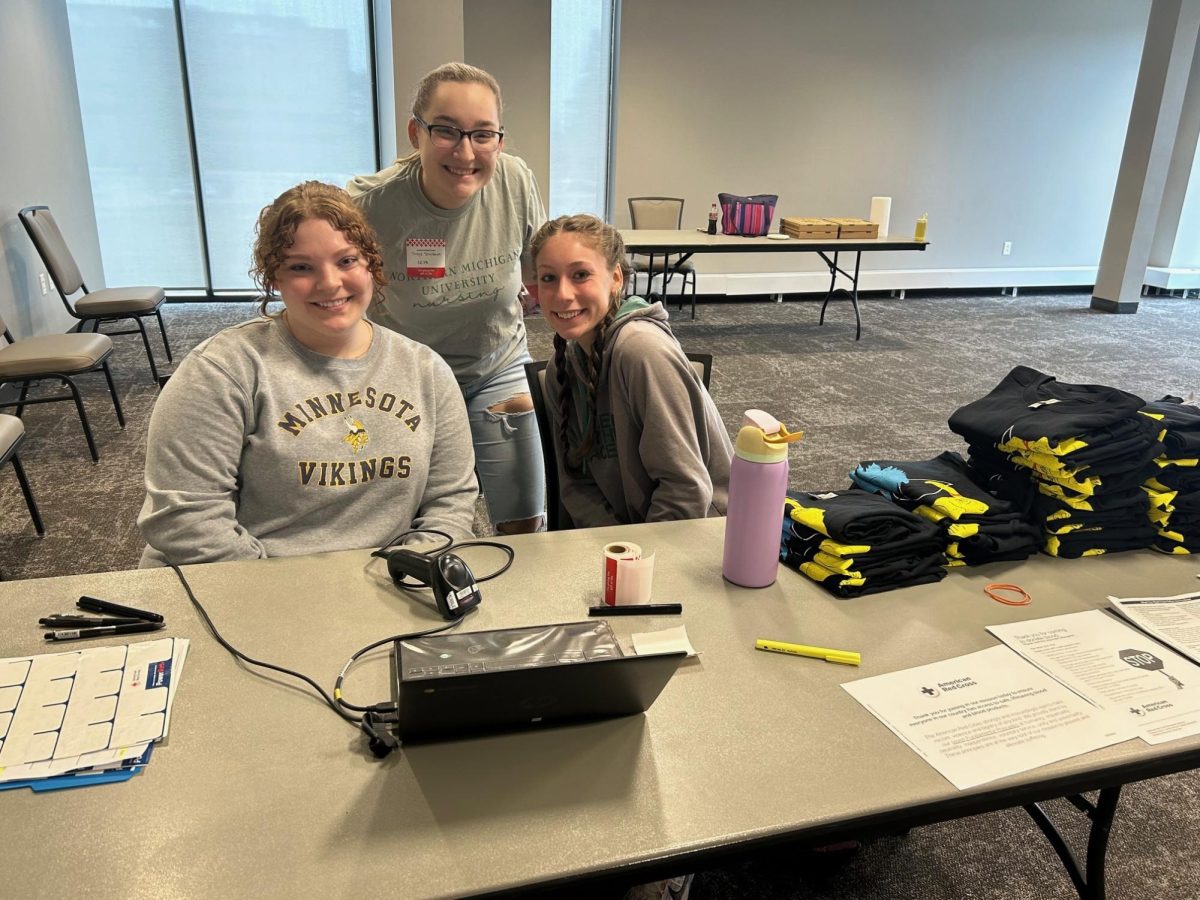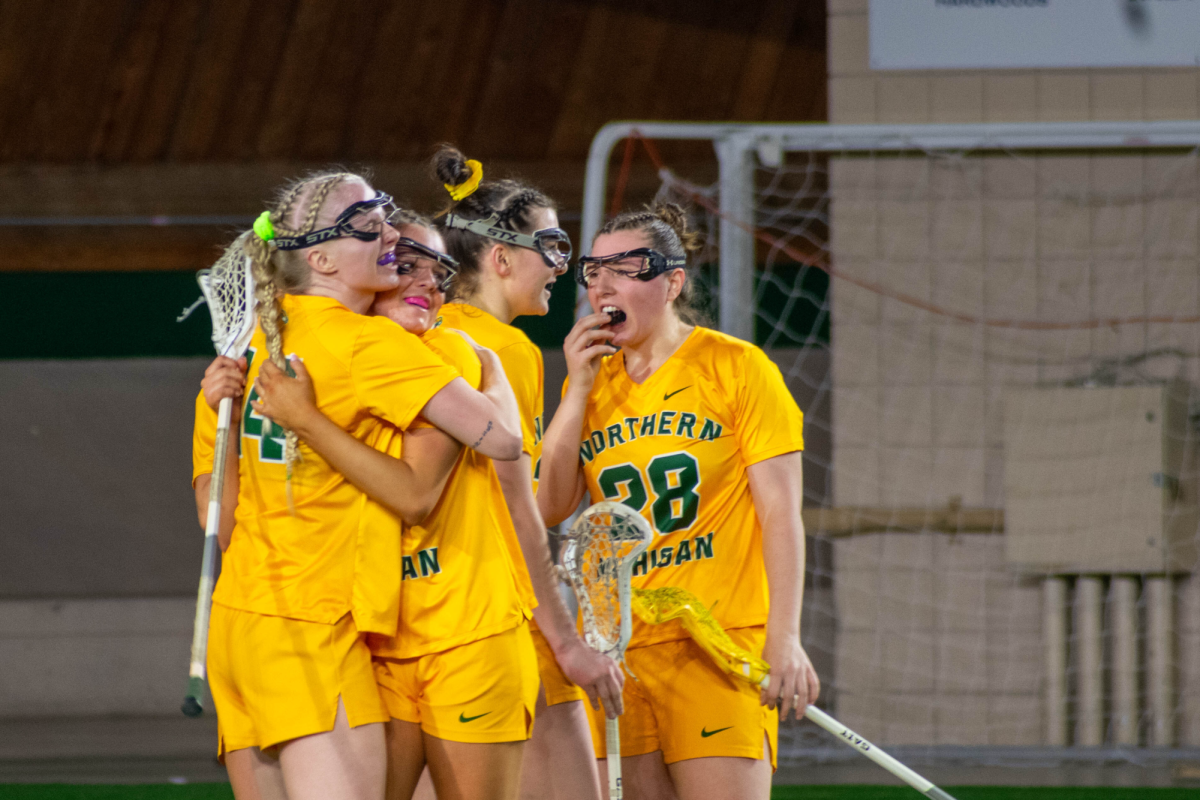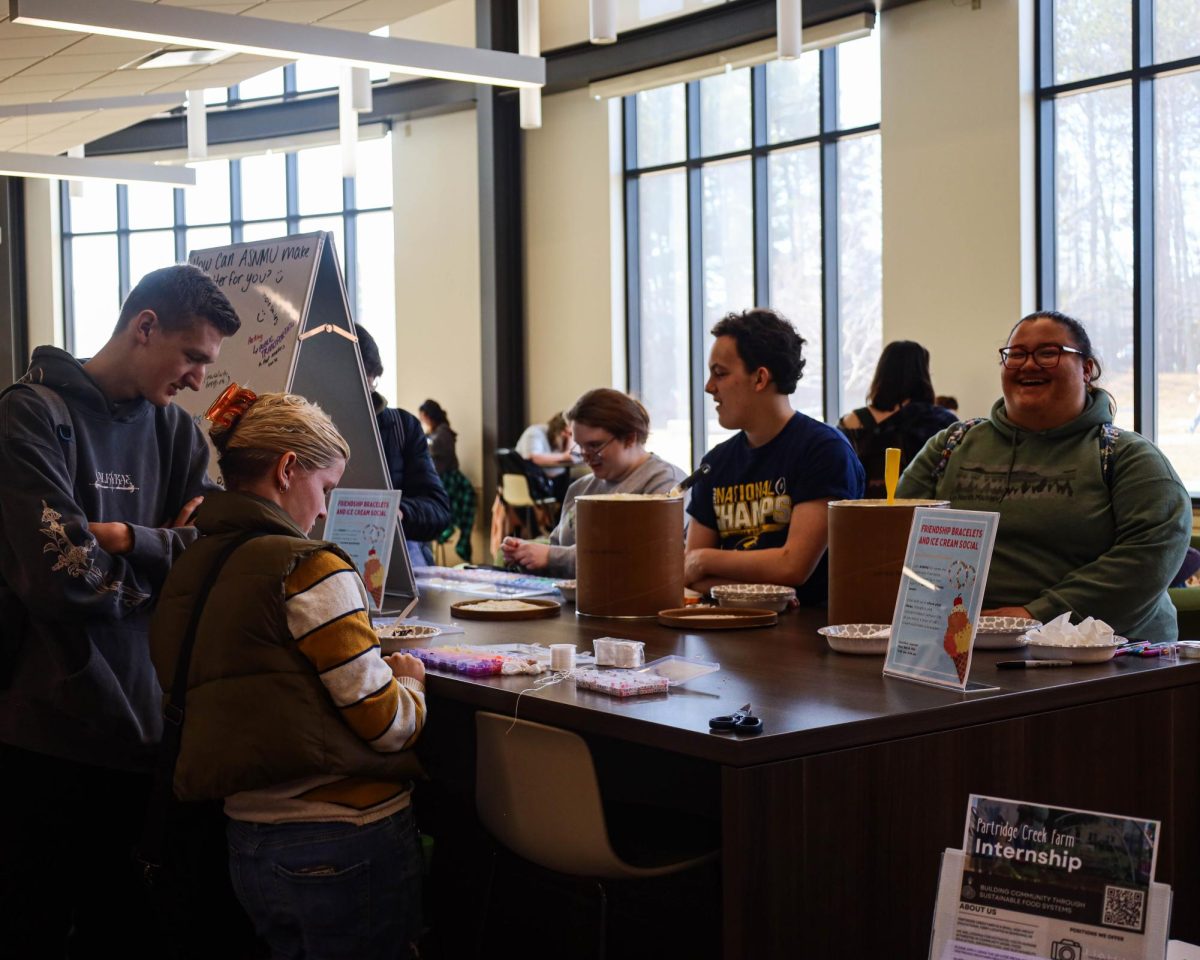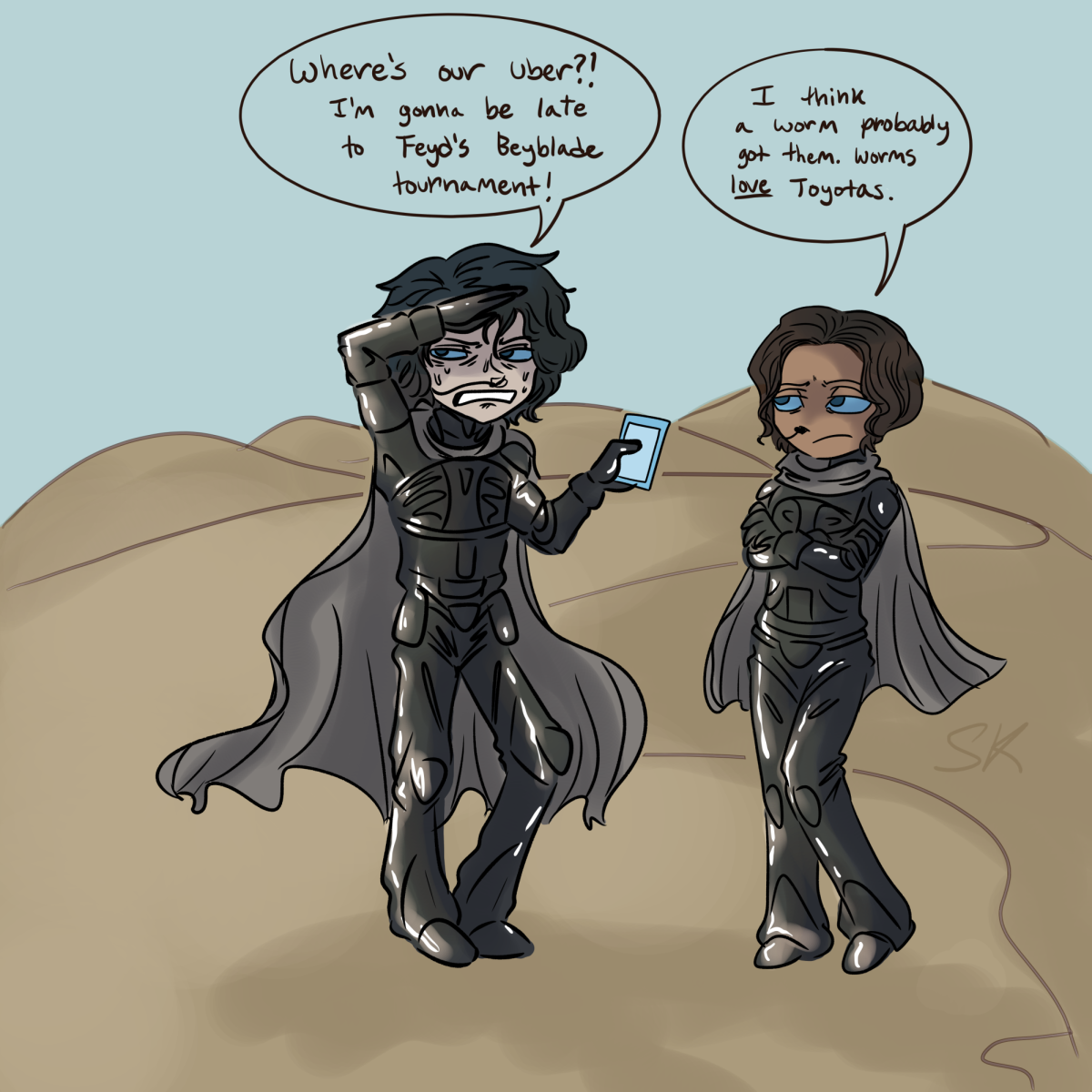Last semester, I wrote a column about Wells Fargo and what I saw as deficiencies in its banking practices. Even writing that article, I gave them a chance and signed up for a checking and savings account. Only recently have I decided that I’m going to switch back to a credit union similar to the one I had back home in Wisconsin. There are very good reasons why I’m leaving.
Over winter break, I filed a Freedom of Information Act request in order to obtain a copy of the exclusive contract between NMU and Wells Fargo. In the contract I found some troubling things. NMU receives royalties from Wells Fargo depending on the percentage of NMU students and university members who have their Wildcat Express Cards linked to a Wells Fargo checking account. NMU receives an initial royalty of $10,000 the first year and another $10,000 the following year. Then, depending on the percentage of students who have their Wildcat Cards linked to a checking account, NMU receives anywhere from $4,500 to $60,000 per year. Wells Fargo provides the funds for marketing the Wildcat Express Card program, which they estimate at about $10,000 per year.
The information above illustrates that NMU has a financial incentive in students having Wells Fargo checking accounts. They don’t receive royalties for a student having a Wells Fargo checking account; rather they receive royalties for students who have Wildcat Cards linked to a Wells Fargo checking account. This isn’t what worries me the most, though. What worries me about the contract is what I’ve already stated so far, in addition to the exclusivity of the contract itself.
Section 17 of the NMU-Wells Fargo contract states, “University agrees to cooperate with Bank exclusively in the expansion of financial services available to current and future Wildcat Express Card holders including but not limited to the above marketing efforts and ‘tabling’ on campus.” In Section 23, the contract states, “In addition … University will give Bank exclusive access to market financial services to Eligible University Members including the marketing efforts indicated in Section 17.”
If a group of students wished to start a student registered organization (SRO) that would try to create a student credit union in the future, the university might possibly have to deny them SRO status to uphold their contract with Wells Fargo. Would the students forming a SRO be engaging in “tortious interference with a business relationship” if the university granted the organization SRO status? If the university denied the students SRO status, would this be a violation of the of the group’s rights under the First and Fourteenth Amendments?
In my opinion, denying students SRO status would be unconstitutional. The only reason to deny students SRO status would to be to uphold the university’s contractual duty with Wells Fargo. This is not a compelling reason in itself. Universities may regulate its property, but it must be reasonable and viewpoint neutral. It cannot be said to be reasonable. Credit unions’ primary purpose is for financial education, whereas a bank’s only purpose is to make stockholders a profit. Education is the primary purpose of a university, and a credit union fulfils that purpose, whereas a bank doesn’t. Education should be more of a priority than making money.
Credit unions have the mission of educating their members, who are also the owners, about financing, especially in regards to students. As Stacia Brooks, CEO of Kent (Ohio) State Student Credit Union says, “Students are new at financing, even at learning to balance a checkbook. If they bounce one check, banks are likely to charge them large fees. At the credit union, we do education on managing checking accounts and on the warning signs of being in trouble with credit cards –– the bank we’re competing against doesn’t do that.”
Brooks is entirely correct; banks like Wells Fargo don’t do that. Instead, Wells Fargo signs an exclusive contract that may violate students’ rights to create a student credit union on campus. Wells Fargo engages in what U.S. District Judge William Alsup calls “unfair and deceptive business practices.”
This is why I’m leaving Wells Fargo. They say they want to help students and their customers, but from my research, this premise isn’t backed by concrete evidence. If anything, I found evidence to the contrary.

























